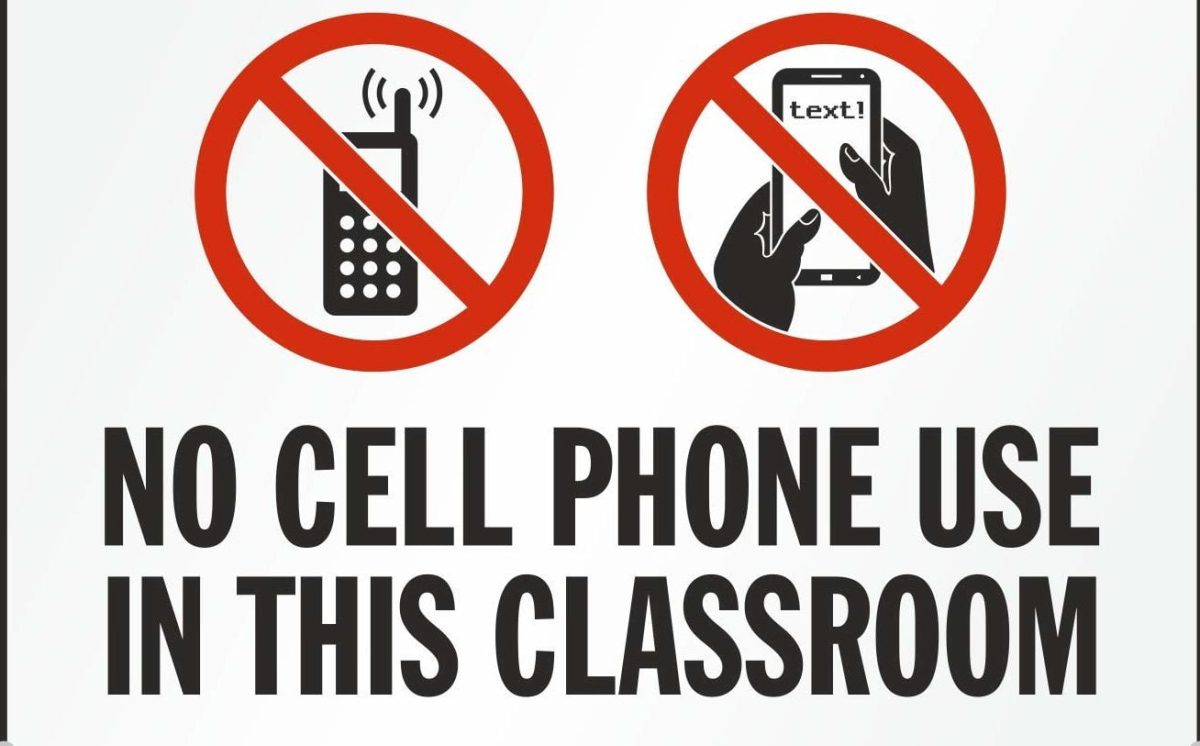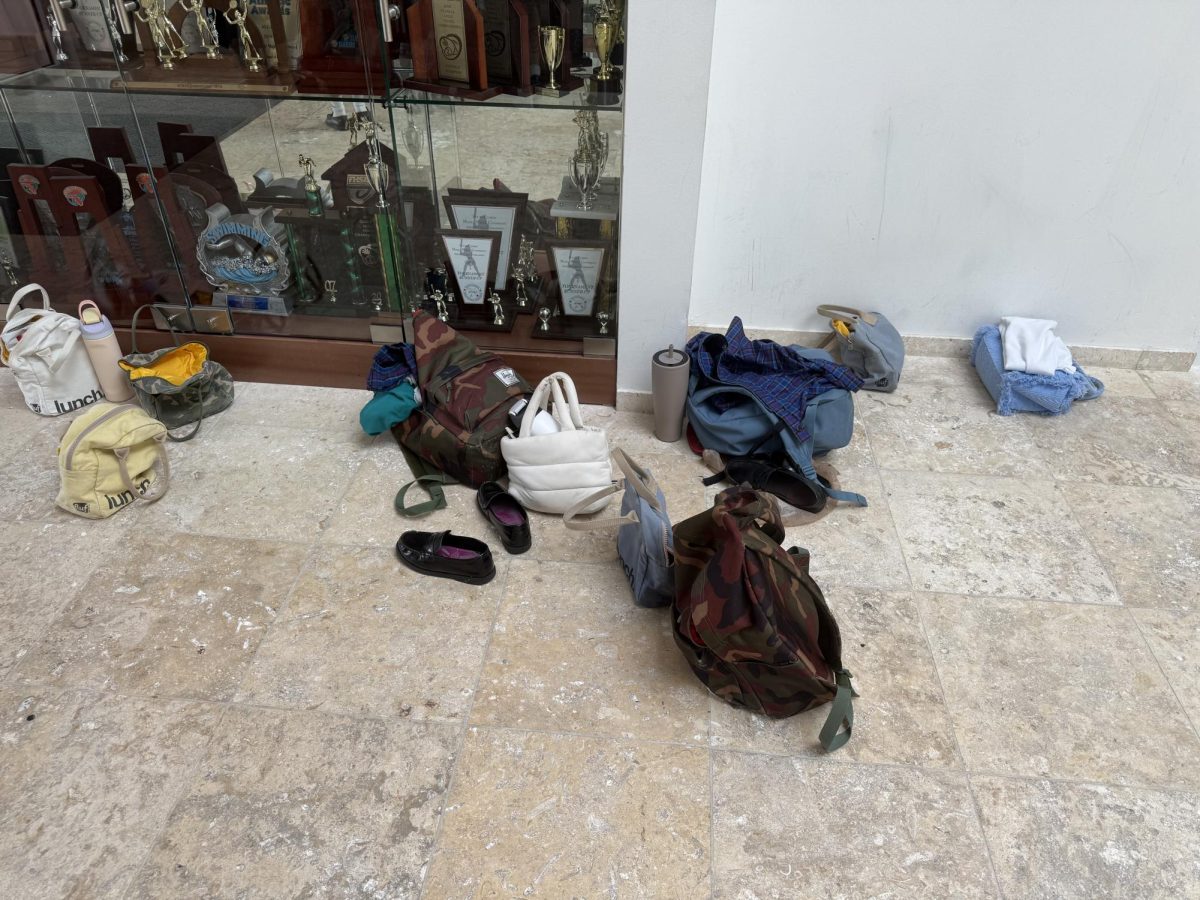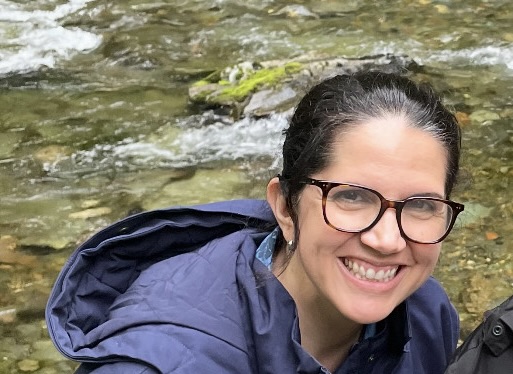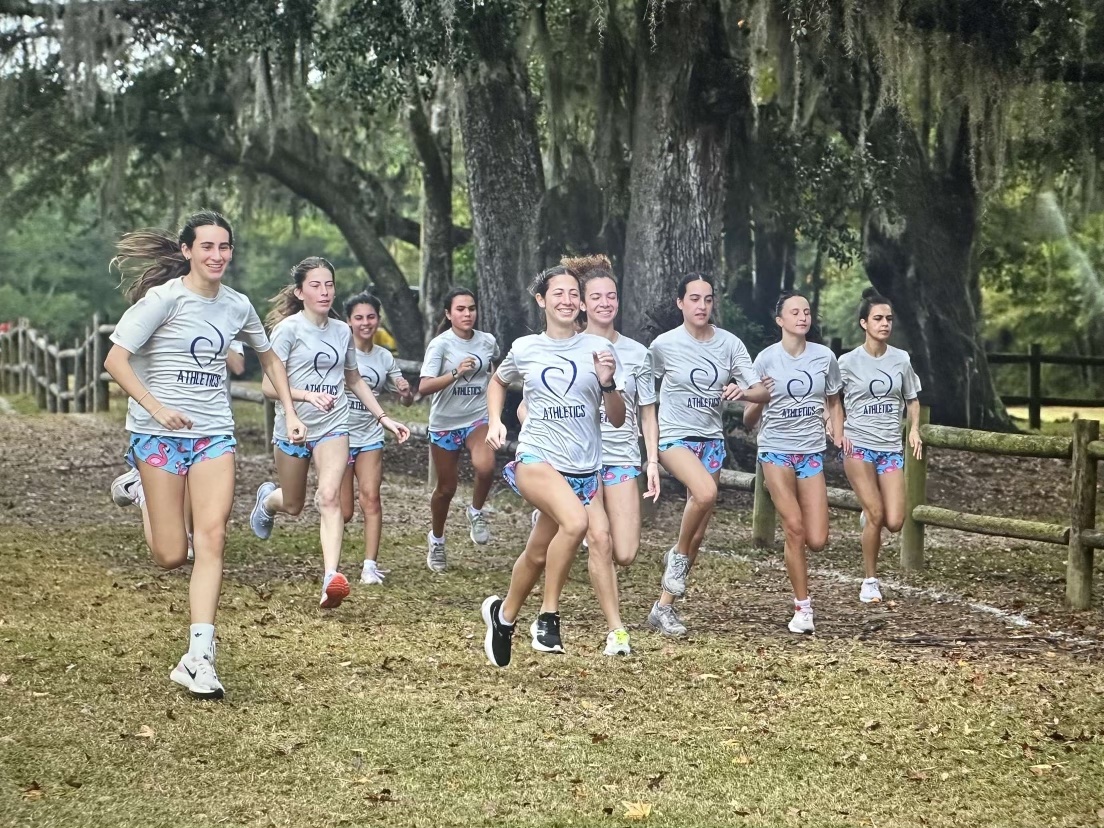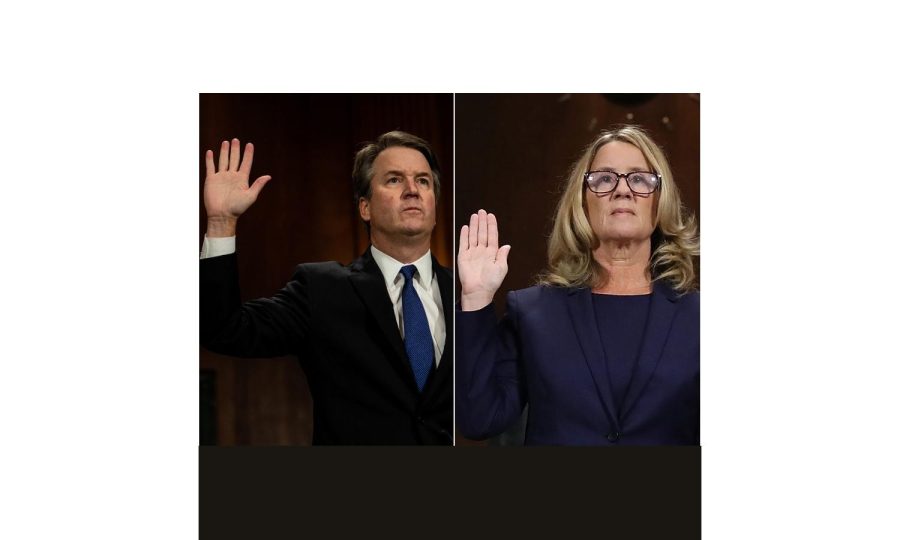
By: Anais Leichtling ’21
Sexual assault is now an unavoidable topic; it can tear apart communities, ruin lives, and exploit the sanctity of the survivor, degrading the moral underpinnings of our society. Unfortunately, sexual violence and harassment will continue in an unfair abuse of human dignity. It is essential for the public to recognize this problem and voice condemnation of such actions, questioning the tacit leniency given to the male accused which perpetuates moral corruption, humiliating survivors and blaming them for their assault.
As the Carrollton community reads “Beartown,” it is confronted with the dangers of ignoring the accuser and protecting the accused, exemplifying an obstacle that continues to undermine social progress. Readers must ask themselves whether Maya’s decisions at the house party contributed to her assault. If she had not had anything to drink, would Kevin have forced her into his room? If she had not openly admired Kevin, would he have acted the same way? But, most importantly, this novel challenges the reader to question Kevin’s actions, and see that he too is responsible for committing the assault. Why did Kevin feel it was within his right to take advantage of Maya? Why did he feel above reproach, protected by the influence of his father and athletic ability? Who bears blame is left to the reader to decide but Fredrik Backman vividly illustrates the personal struggles each character, from Amat to Ana, faces while coming to terms with Maya’s exploitation and Kevin’s inability to recognize his guilt.









